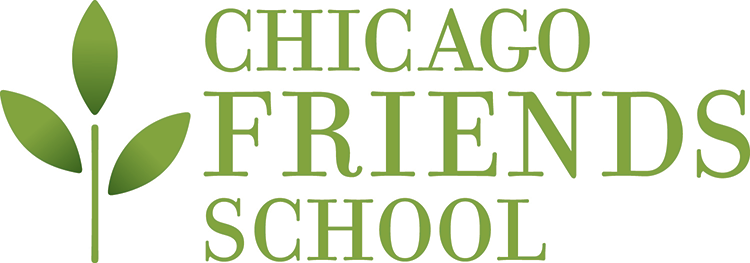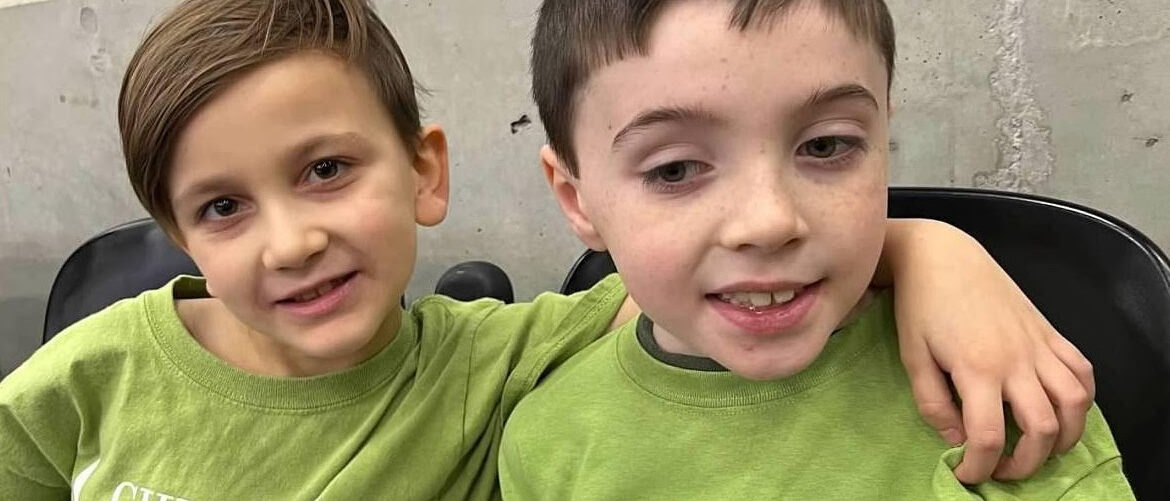Peacemaking, for young children, does not start with large societal or nation-level conflicts. It often starts with simple things, like an argument about what the rules of a game should be, being hurt by a chance comment, or deciding who gets to use the pink fairy first. Luckily, serious transgressions like bullying involving young children are very rare, (and when they happen they are dealt with seriously). But most childhood conflict is relatively minor and usually two-sided.
That doesn’t stop it from feeling absolutely huge to the children at hand though, and young children, rightly, need help and guidance from adults about how to play and learn peacefully. Young children often cannot see the bigger picture in a conflict. For example they can see how they are hurt by a peer’s words or actions while not seeing how their own actions or words might have contributed to the conflict. Children can ask adults to impose a satisfying outcome to the problem for themselves, such as making a ruling about who plays with the pink fairy for how long, or telling on a peer to an adult with the goal of getting a peer “in trouble.” These adult-oriented solutions don’t provide opportunities to learn how to make peace or help a child understand how their own actions are part of the conflict.
We know that young children can also begin to understand and practice very simple peacemaking practices from the moment that kindergarten begins. The first step is to speak up directly and honestly to peers when something hurts their feelings or doesn’t feel fair. At Chicago Friends School, when a child approaches a teacher about something that a peer did, the first question we ask is “have you talked to that person about this?” With younger grades, the answer is usually no and they need help from an adult to start the conversation.
When we facilitate a conversation between kids, we start with the aggrieved party saying how they feel and why. The other child is then allowed to respond. Sometimes the transgressing kid doesn’t even know that their actions had hurt a peer. Sometimes they respond with their own “I feel” statement unearthing something that had happened earlier in the conflict. By starting with how we feel and why, we do several things. We get both children to recognize the feelings involved in the conflict, and we help them understand how their actions have impacted how their friends feel. Often the conversation doesn’t go much farther than this. An apology, a request for a compromise or a remediation, and the friends are happily playing again, having learned to speak up for themselves and fix the problem in play.
Young kids have very different social worlds than adults. They are all learning how to be with others all the time, and minor conflicts are much more quickly forgotten among kids than they are among adults. What we hope to retain is the beginning of the skill: talk about your feelings honestly and simply. It is a step to Peace.


Karen Carney
is the head of school. Karen’s career demonstrates a rich and diverse set of skills: project oversight, curriculum development, educator training and mentoring, and classroom instruction. Prior to coming to Chicago Friends School, she worked as a senior specialist in science curriculum for American Institutes for Research. Before this, she oversaw educational programming at the Adler Planetarium, first as its director of education and then as associate vice president for visitor experience and learning. She has also worked in instruction and teacher development at the University of Illinois at Chicago’s Learning Sciences Research Institute and has authored more than 20 scholarly papers, book chapters, and conference presentations.
Karen is an active, dedicated Friend (Quaker) and has held various leadership positions at the Evanston Friends Meeting. She enjoys baking, cooking, and painting and is a member of the Playmation improv comedy team.